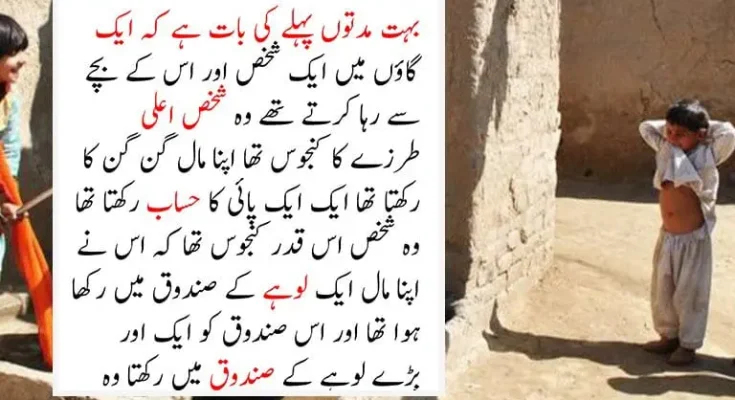The endearing quintessence of Life in a Former Town lies in its straightforwardness and association with nature. It’s an excursion back in time when life moved at a more slow speed, and networks blossomed with affectionate connections.
The Town Environment
In a Past Town, the air is unadulterated, and the climate is tranquil. The fragrance of earth and yields consumes the space as you go for a relaxed walk down cobbled roads. You’ll find residents participated in amicable discussions and sharing grins that appear to light up the entire town.
Customary Specialties and Exchanges
One of the entrancing parts of Life in a Past Town is the act of conventional specialties and exchanges. Metalworkers pounding away at the blacksmith’s iron, weavers making complex examples, and potters molding dirt into lovely earthenware are normal sights.
Celebrations and Festivities
Towns in the past were known for their dynamic celebrations and festivities. From collect celebrations to weddings, these occasions united the local area, cultivating a feeling of solidarity and delight.
Cultivating and Agribusiness
Agribusiness was the soul of these towns. Fields extended as should have been obvious, and ranchers worked eagerly to develop their yields. The association with the land was profound and persevering.




Legends and Customs
Former towns were wealthy in legends and customs. Phantom stories, old legends, and odd notions were gone down through ages, adding a bit of secret to regular day to day existence.
FAQs About Existence in a Former Town
Q: How did townspeople engage themselves in the nights?
A: Nights in the town were frequently loaded up with narrating, music, and basic games. Locals would assemble to share stories and play customary instruments.
Q: How were the normal town houses?
A: Town houses were frequently made of wood and cover, with comfortable insides. They were worked to endure the seasons and were known for their natural appeal.
Q: Were there schools in these towns?
A: Indeed, there were little town schools where kids got fundamental training. Training was exceptionally esteemed, even in those times.
Q: How did townspeople speak with the rest of the world?
A: Locals depended on letters and infrequent visits from going merchants to remain associated with the more extensive world.
Q: Which job did nature play in town life?
A: Nature was vital to day to day existence. Townspeople depended on the land for food, and they had a profound regard for the climate.
Q: What prompted the downfall of past towns?
A: The decay of these towns can be credited to urbanization and modernization, which prompted the movement of individuals to urban communities looking for better open doors.
End
Life in a Former Town is a demonstration of the persevering through appeal of country life in easier times. It’s an excursion worth taking, regardless of whether just through the pages of history. The charming stories, customs, and the glow of local area found in these towns are recollections that live on.
Finding the past permits us to see the value in the present and anticipate the future, while appreciating the less complex lifestyle that used to be.



